Leading Through Adversity | Stoic Lessons for the Modern-Day Leader

Despite all your preparation, the moment you feared most as a leader has happened. Perhaps it's a conflict amongst your team that has spiraled out of control, a PR storm that has suddenly landed on your desk, or a critical supplier that has issued a recall. Adversity, which can take many forms, is a reality of leadership. How we respond and lead through those moments of adversity often define our leadership more than how we lead through moments of success. Fortunately, history is full of leaders who have had to face crises of every magnitude. And by examining their responses, we can find examples of how to navigate even the most complex of situations.
You Can’t Always Control What Happens. But You Can Always Control How You Respond.
Bitten when she was younger, Chancellor Angela Merkel had a well-known fear of dogs. And in a 2007 meeting with Russian President Vladimir Putin, she was caught by surprise when the Russian President called for Konni, his large black Labrador, to be brought in. Merkel was likely terrified in the moment. She was facing one of her biggest fears in an environment that she had little control over. But if the Chancellor was afraid, she did not flinch. In a video of the encounter, she calmly crosses her legs, looks directly at Putin and continues the meeting. In Russian, she jokingly remarks “It doesn’t eat journalists, after all."
Many people believe that leaders should be fearless in the face of adversity. However, the incident with Merkel illustrates an important lesson. While we may not be able to prevent a natural emotion like fear, we can ensure that we aren't acting on those emotions alone. Philosopher Marcus Aurelius gives practical advice on how to achieve this. "The first rule is to keep an untroubled spirit. The second is to look things in the face and know them for what they are.”
When facing challenging situations, Marcus Aurelius is telling us to keep our cool and evaluate if the situation is as bad as we think it is. This is key as it's common for challenges to feel more daunting when we first become aware of them.
In the bestseller, The Obstacle is the Way, author Ryan Holiday relates an exercise where Marcus Aurelius describes glamorous things without euphemisms. For example, a juicy ribeye steak is simply a dead, cooked animal. A vintage wine is merely old, fermented grapes. The goal of Aurelius' exercise was to practice seeing things without the decoration that makes them seem greater than they are. We can practice this habit with challenges as well. For example, A colleague once relayed a story about a disengaged team member that he had. Once a top performer, the team member had become a chronic under-performer and often complained about minor grievances.
No leader I know wants their team member to be unhappy. My colleague talked to me about the challenge for almost 20 minutes going into detail about how bad it was getting. At one point, I interrupted him and asked him if he knew what the root cause was. He started down another long explanation and I paused him again. I said, tell me in one sentence what the issue is. Don't use any adjectives. He paused for a second to think about it and said, "My team member is unhappy because he doesn't feel valued." "Okay", I said. "Tell me in one sentence what step you think you should take next. Don't use any adjectives." He said, "I think I should ask him what would make him feel valued."
Whether that would solve the problem isn't the point of the story. The point is that the way we think and talk about our challenges has an impact on how we see and respond to them. The more words and emotions we use to describe the problems, the bigger they can feel.
Don't Make an Enemy of Time
One evening, Ming Dynasty painter Chou Yung was traveling by ferry to a nearby town and carrying a stack of important papers and books with him. As the ferry neared the dock, Chou Yung noticed that night was quickly approaching and that he still had about a mile to walk. Worried about the distance, Chou Yung asked the ferry captain if they had time to make it to the town before the gates closed. The ferry captain glanced at Chou Yung and the young companion and said "Yes, if you do not walk too fast."
Chou Yung understood that getting caught outside after nightfall would put him at risk of bandits. So as he and his companion disembarked, they began to walk more and more quickly towards the town. As their pace quickened, the string holding the stack of books and papers together came undone and the papers flew everywhere. They worked as quickly as they could to gather the documents, but it took them several minutes and they were not able to make it to town before the gate closed.
When we face adversity at work, our intuition is to move as quickly as possible to resolve it. Psychologically, we don't like to sit in the discomfort that comes with adversity for very long. But as the story of Chou Yung illustrates, moving too quickly can create problems that would not have existed otherwise. For example, most of us can think of a time where we went into a tough conversation without enough preparation. Or a time where we quickly made a decision without thinking thoroughly about the ramifications of it. If you're like me, those are often the situations that get worse or drag on longer than they need to.
There is an old navy saying that goes "Slow is steady, steady is fast". By slowing down to relook at a situation, by seeking wise counsel, and by thinking through different scenarios, we reduce the chance that our decisions will create unwanted consequences. Put another way, do not make an enemy of time. A hurried mind is a horrible advisor.
Don’t Worry Before You Have to
Stoic philosopher Seneca said that "We suffer more in our imagination than we do in reality. This is true not just in leadership but in life as well. For example, how many times have you faced a situation that you thought would turn out much worse than it did. How many times have we all fretted over having to deliver news that we didn't think someone wanted to hear. But once delivered, we learn that the person was surprisingly ok with it.
As leaders, we are trained to think through every outcome. In the process of doing so, we often zero in on the worst case scenarios. But as Seneca pointed out, this can result in us worrying about realities that never come to pass. This has a cost. Because every moment that we spend worrying about an unrealized problem is a moment that we're not focusing on something that is within our control.
The solution isn't to pretend that things can't go wrong. Because as leaders, we do need to acknowledge and plan for worst case scenarios. The key is to prepare for the scenarios and then immediately move on.
In 2009, at the top of the recession, Ursula Burns took over Xerox as CEO. Xerox, a company whose name had become an everyday verb to the American public, was struggling to evolve and stay relevant."For all the brilliance of our machines", said Ursula, "the move to digital picture frames and devices like smartphones reduced the need to print photographs and documents." Xerox brought in 2 billion dollars in annual revenue at the time. But if they did not figure out a way to modernize and diversify, their business would continue to dwindle. To say there was a lot to worry about in 2009 would have been an understatement. With the financial crisis looming large, many businesses may have been paralyzed with fear. But Ursula and Xerox did not have the luxury of waiting to see how the crisis would resolve itself. Instead, Ursula led Xerox through a 6.4 billion dollar acquisition of the company Affiliated Computer Services. Just two months into her tenure as CEO, the deal was considered a gamble for Xerox and Ursula. And while it's true that no one could have predicted the future, Ursula led the acquisition by focusing on what she could control. She met with key investors to sell them on the deal. She performed due diligence on ACS. She cultivated the relationship with the ACS CEO who constantly went back and forth on the deal.
Ursula's approach wasn't to pretend that that things couldn't go wrong. Because like all leaders, she had to acknowledge and plan for worst case scenarios. But she did not allow the worries to divert her energy from the things she could control. And by doing so, she was able to keep her energy in the places where it could have the most impact.
Facing adversity as a leader is almost guaranteed. But rather than trying to avoid it, we can learn to embrace it as an opportunity for growth. By leveraging lessons from stoicism, we learn to focus on what we can control, see challenges as they truly are, and not worry before than we truly have to.

